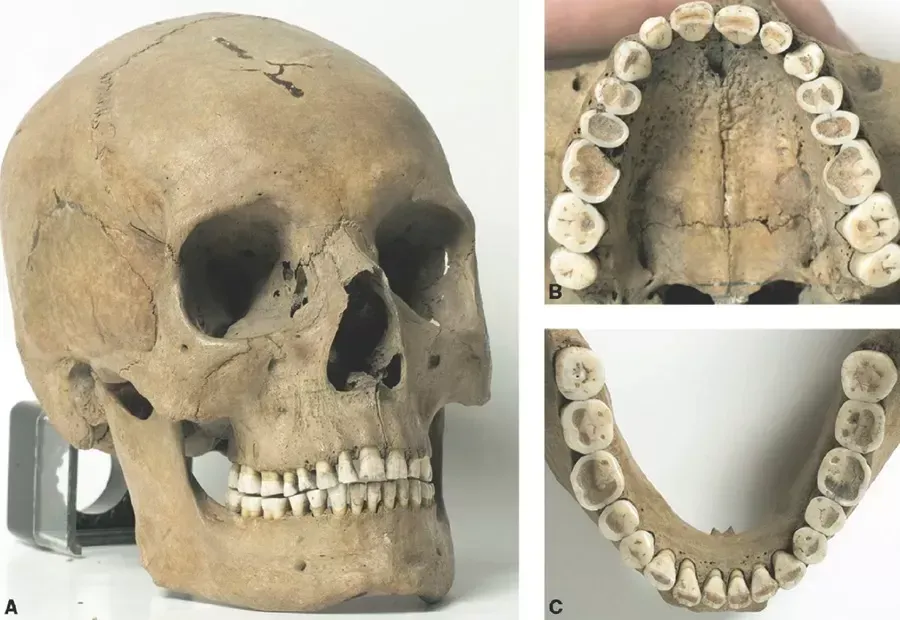Tracing the History of Underdeveloped Jaws
Understanding the Origins of Jaw Underdevelopment
The History of Underdeveloped Jaws
Over a century ago, children rarely faced issues with crowded teeth, and almost everyone had ample space for their wisdom teeth to fully erupt. Today, however, many people struggle with underdeveloped jaws. What changed? The prevalence of smaller, underdeveloped jaws can be attributed to several key factors: increased consumption of sugar and processed foods, decreased intake of essential minerals, and the shift to softer food diets.
Sugar and Processed Foods
Around 100 years ago, the average person consumed approximately 6 pounds of sugar annually. By the 1980s, this number had skyrocketed to over 150 pounds per year. In simpler terms, we now consume in two weeks what used to be a year's worth of sugar intake, and every four years, we consume what would have been a lifetime's worth in the past. High sugar intake is harmful due to its inflammatory effects on our bodies, and it dilutes the mineralization of bones. The more sugar we consume, the less our bodies effectively uptake and utilize minerals, weakening bone development, including that of the jaws.
Decreased Mineral Intake
A century ago, people primarily preserved food using salt and minerals. However, with the advent of electricity and refrigeration, this practice changed. Refrigerators lessened the need for mineral-rich preservation methods, leading to a decrease in mineral intake. Moreover, the mass production and commercialization of salt led to the refinement of sea salts, stripping them of essential minerals. Refined salt, which is often toxic, replaced mineral-rich sea salts in our diets. For optimal health, it's crucial to use sea salts like Redmond's Himalayan, or Celtic salt, all of which provide the full spectrum of minerals that our bodies and bones need.
Soft Food Diets
The consistency of our diets has shifted significantly over time. Softer foods require less chewing effort, resulting in less stimulation for jawbone growth and development. Hard chewing, especially as a child, is essential to signal the jawbones to expand and strengthen. Our back molars, which require the hardest biting effort, play a critical role in this development. Without the need for hard bite pressure, there's less necessity for the jaws to accommodate wisdom teeth, leading to scenarios where even second molars struggle to erupt fully in younger generations.

This image illustrates the jaw of a hunter-gatherer, showcasing spacious, perfectly aligned arches of teeth without a single impacted wisdom tooth—15,000 years before our modern era. According to Stanford evolutionist Richard Klein, a renowned expert on the fossil record of our species, he has never seen an early human skull with crooked teeth. The rising prevalence of crooked teeth today signals a profound decline in our oral-facial health over time.
Understanding these historical and dietary changes shed light on the rising issues related to jaw development. Addressing these factors can help foster better oral health and proper jaw growth.
Breathe Easy. Sleep Peacefully. Smile with confidence.
All logos and marks are protected per their respective companies. Copyright 2024 Doctor Nathan Tanner, DMD, LLC., AirwayCenter.com. All Rights Reserved.


